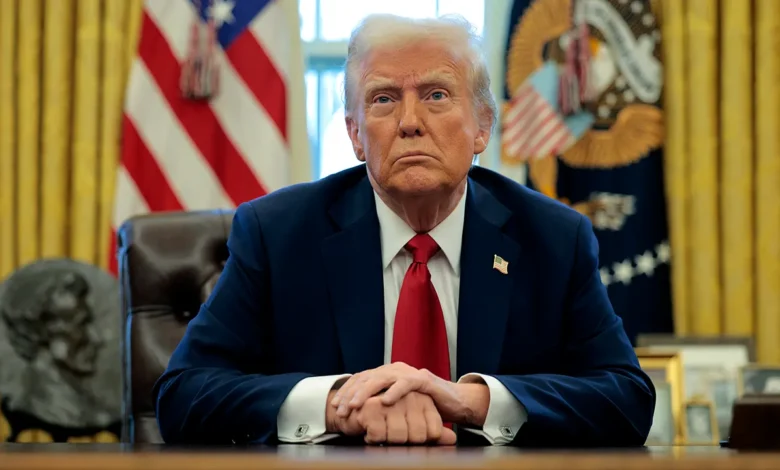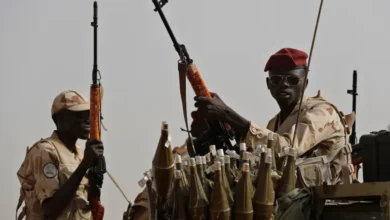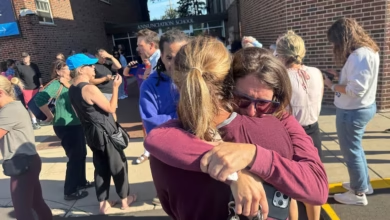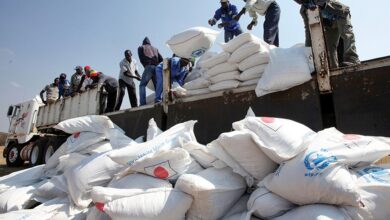
Sweeping cuts to U.S. foreign aid under President Donald Trump could result in more than 14 million preventable deaths by 2030, according to a new study published in The Lancet medical journal. One-third of those deaths are projected to be among children.
The report estimates the impact of the administration’s decision to cancel over 80% of programs managed by the U.S. Agency for International Development (USAID), as announced in March by Secretary of State Marco Rubio.
“For many low- and middle-income countries, the resulting shock would be comparable to a global pandemic or a major armed conflict,” said co-author Davide Rasella of the Barcelona Institute for Global Health. He warned the cuts could reverse two decades of progress in global health outcomes.
The findings were released as world leaders gather in Seville, Spain, for a major United Nations-led aid summit — the largest in ten years.
Analyzing data from 133 countries, researchers found that USAID programs helped prevent an estimated 91 million deaths between 2001 and 2021. Using predictive modeling, they concluded that the current 83% reduction in funding could lead to over 14 million additional deaths by 2030 — including more than 4.5 million children under the age of five.
The Trump administration’s cuts are part of a broader cost-cutting initiative previously led by billionaire Elon Musk, aimed at downsizing the federal workforce. The administration has also criticized USAID for supporting what it labeled “liberal agendas.”
The U.S. remains the largest single provider of humanitarian aid globally, operating in over 60 countries, often through contracted partners. Rubio has stated that around 1,000 remaining aid programs will be administered directly by the State Department with Congressional oversight.
However, aid workers on the ground report worsening conditions. A UN official told the BBC last month that hundreds of thousands in Kenyan refugee camps are “slowly starving” after U.S. cuts led to record-low food rations.
At a hospital in Kakuma, northwestern Kenya, BBC reporters observed a malnourished infant with visible signs of starvation, including wrinkled and peeling skin.



